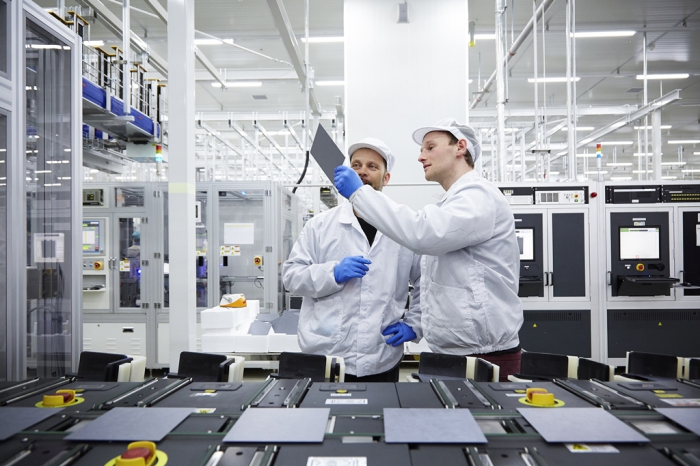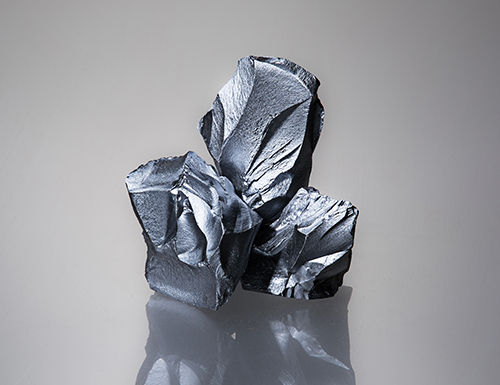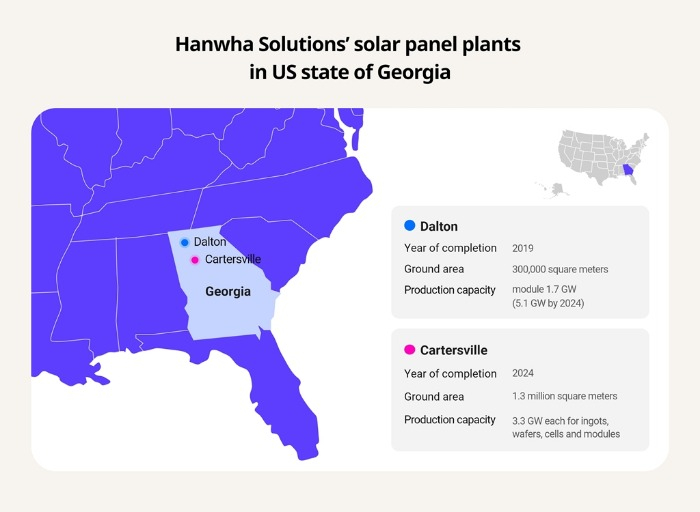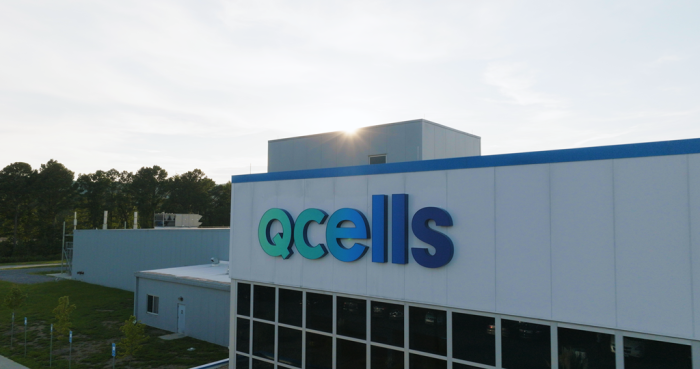Energy
HanwhaŌĆÖs REC Silicon plant restarts as US-China tension eases
With a recent 10-year supply deal with the polysilicon maker, Hanwha expects significant US policy support
By Nov 16, 2023 (Gmt+09:00)
3
Min read
Most Read
Hankook Tire buys $1 bn Hanon Systems stake from Hahn & Co.


NPS to hike risky asset purchases under simplified allocation system


Osstem to buy BrazilŌĆÖs No. 3 dental implant maker Implacil


UAE to invest up to $1 bn in S.Korean ventures


US multifamily market challenges create investment opportunities



REC Silicon ASA, a US-based polysilicon maker, in which Hanwha Solutions Corp. and its affiliate have a 33% stake, has restarted operations after a hiatus of four years and eight months amid signs of a thaw in US-China relations.
Polysilicon manufacturer REC Silicon recently resumed operations at its factory in Moses Lake, Washington State, with an annual production capacity of 16,000 tons.
REC Silicon operates another polysilicon plant with an annual production capacity of 2,000 tons in Butte, Montana.
The plants stopped operations in March 2019 amid escalating trade disputes between the US and China. The factories recently restarted operations as the two countries' government officials sought to improve their bilateral relations.
Hanwha Solutions, the energy unit of South KoreaŌĆÖs chemicals-to-financial conglomerate Group, and affiliated Hanwha Corp. together control a third of REC Silicon with an equity investment to ensure a stable procurement of polysilicon, a key solar cell material.

Polysilicon or polycrystalline silicon is a raw material used by the solar photovoltaic and electronics industry.
Hanwha Group has been actively pursuing renewable energy, including solar, wind and hydrogen, as its key growth drivers.
Hanwha runs its solar business in the US through its affiliate Hanwha Q CELLS Co., the largest solar module maker there.
10-YEAR SUPPLY DEAL
In September, Hanwha Solutions signed a deal with REC Silicon to receive polysilicon for 10 years from 2024. The specific supply size will be determined later depending on production volumes.
The restart of REC SiliconŌĆÖs Washington plant will help the Korean company establish a stable US value chain for its solar cell business from polysilicon procurement to the production of ingots, wafers and modules.

The timing is significant as demand for non-Chinese raw materials, including polysilicon, is rising, prompting solar cell makers to race for key minerals in the renewable energy and electric vehicle battery sectors.
Polysilicon from REC Silicon will be supplied to HanwhaŌĆÖs Solar Hub factory, which makes ingots, wafers and modules in Georgia. The 3 trillion won ($2.3 billion) factory, currently under construction, is scheduled to start operations in April.
QUALIFIED FOR US TAX CREDIT UNDER AMPC RULE
The polysilicon produced at REC SiliconŌĆÖs US plants qualifies for tax benefits under the Advanced Manufacturing Production Credit or AMPC program related to the US governmentŌĆÖs Inflation Reduction Act (IRA), which favors non-Chinese firms.
Hanwha Solutions said it expects to gain from the AMPC program with profits from the sale reflected in its earnings from 2024. A company official said it expects a tax credit of $3 per kilogram of polysilicon sold.

According to solar cell market tracker PVinsight, polysilicon prices averaged $7-$9 a kilogram in the third quarter, down from about $18 in the first half.
The US government, which aims to achieve carbon neutrality by 2050, plans to raise the ratio of solar power to 40% of its electricity generation by 2035 from 34% this year.
In the US, Hanwha Solutions operates a 1.7 GW solar cell module plant in the state of Georgia through its unit Q CELLS.
Hanwha said it is considering additional investment in the US market and expects significant policy support.
Write to Mi-Sun Kang at misunny@hankyung.com
In-Soo Nam edited this article.
More to Read
-

-
 EnergyHanwha Q Cells expects windfall gain from Chinese rivalsŌĆÖ woes
EnergyHanwha Q Cells expects windfall gain from Chinese rivalsŌĆÖ woesAug 21, 2023 (Gmt+09:00)
2 Min read -
 EnergyHanwha Solutions, Microsoft sign solar energy partnership in US
EnergyHanwha Solutions, Microsoft sign solar energy partnership in USJan 26, 2023 (Gmt+09:00)
2 Min read -
 EnergyHanwha Q Cells to sell 7 US battery ESS projects to SpainŌĆÖs Acciona Energia
EnergyHanwha Q Cells to sell 7 US battery ESS projects to SpainŌĆÖs Acciona EnergiaDec 14, 2022 (Gmt+09:00)
1 Min read -
 EnergyHanwha Solutions, OCI to benefit from US push for solar energy
EnergyHanwha Solutions, OCI to benefit from US push for solar energyAug 04, 2022 (Gmt+09:00)
3 Min read -
 EnergyHanwha acquires 16.67% of REC Silicon for $160 mn for US solar projects
EnergyHanwha acquires 16.67% of REC Silicon for $160 mn for US solar projectsNov 19, 2021 (Gmt+09:00)
1 Min read -
 EnergyHanwha Solutions acquires French renewable firm RES for $860 million
EnergyHanwha Solutions acquires French renewable firm RES for $860 millionAug 09, 2021 (Gmt+09:00)
2 Min read
Comment 0
LOG IN


